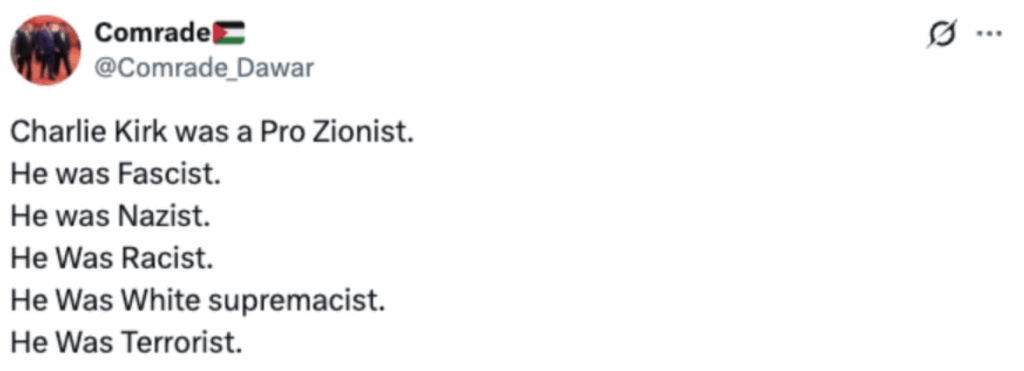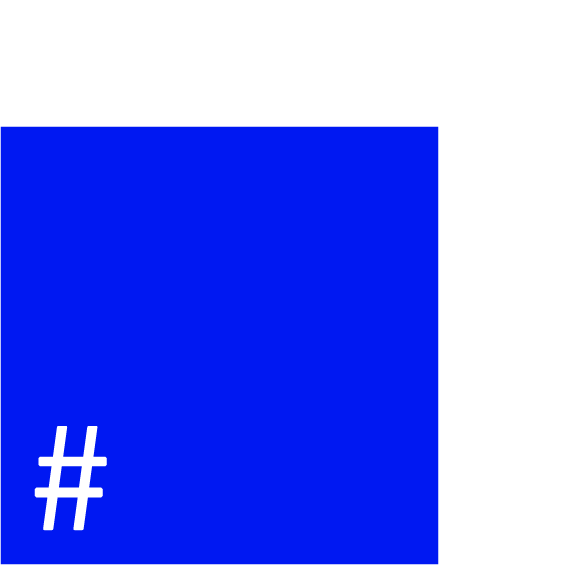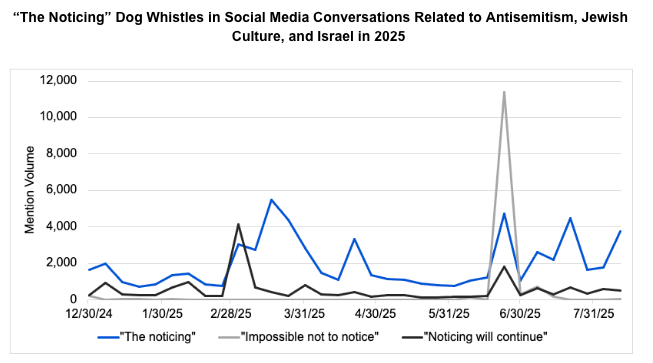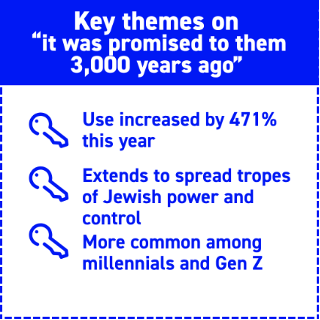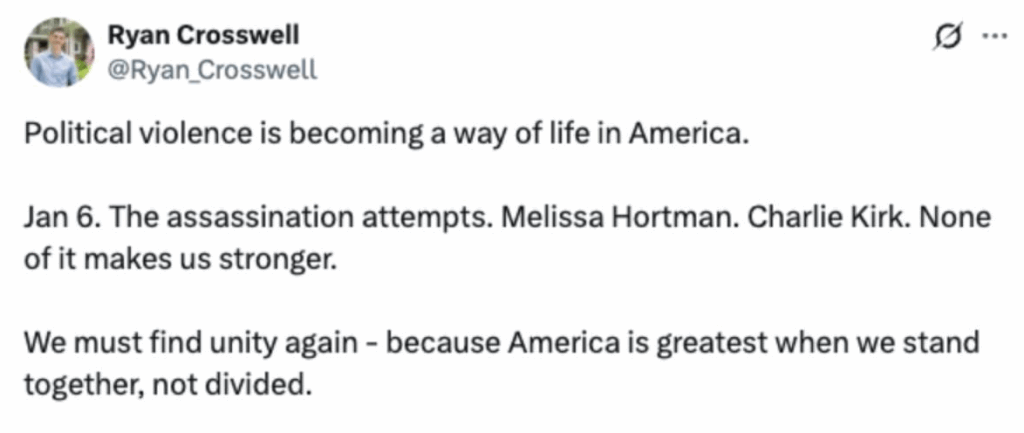
Since the assassination of Charlie Kirk on September 10th, there have been more than 26 million posts reacting to his death. Kirk, a conservative commentator and founder of the youth-focused political organization Turning Point USA, was shot while speaking at Utah Valley University in what authorities have described as a targeted attack. He was pronounced dead shortly after, and while a suspect has been arrested, the investigation remains ongoing. The volume of online discussion highlights the intensity of public reaction, ranging from grief and sympathy to speculation, blame, and conspiracy theories.
On social media the assassination has been widely framed as part of a troubling rise in political violence in the United States. His death prompted an immediate wave of condolences, with many acknowledging the gravity of a public figure being targeted while speaking on campus. Calls for unity circulated broadly, with voices emphasizing that disagreement with someone’s views is no justification for violence. Political leaders across the spectrum condemned the attack and urged a reduction in hostile rhetoric.

Students Weigh in on Open Dialogue on Campuses
The incident has also fueled a broader conversation about the shrinking space for open dialogue in the U.S., particularly on college campuses. Surveys, including one released this week by the Foundation for Individual Rights and Expression (FIRE), show declining tolerance for controversial speakers, with record numbers of students finding it acceptable to shout down an event, block attendees, or even resort to violence to silence a speaker. In this context, Kirk’s assassination sharpened concerns online that the culture of shutting down opposing viewpoints may be contributing to an environment where confrontation might be replacing conversation.
Conspiracy Theorists Tie the Murder to Israel
Amid the broader reactions, there were also posts entangling Kirk’s assassination with rhetoric about Jews and Israel. There were 960,000 mentions of Charlie Kirk that also included Israel, Jews, or Zionism, accounting for 4% of all Kirk-related conversations and generating over 129 million impressions. Analysis found that Israel was the sixth most-discussed topic online in connection to his death, and the third most-mentioned location after the U.S. and Utah. This topic surfaced in conspiracy theories surrounding the shooter’s motive. Some posts framed the attack as the work of a “professional sniper” and linked it to Mossad, while others explicitly claimed Jews orchestrated the killing. Israeli leaders’ swift statements of condolence were also cited by conspiracy theorists as supposed evidence of advance knowledge. In parallel, some accounts described the incident as a false flag meant to justify new restrictions on dissent, drawing comparisons to the Reichstag fire and warning of a “Reichstag moment” in U.S. politics.
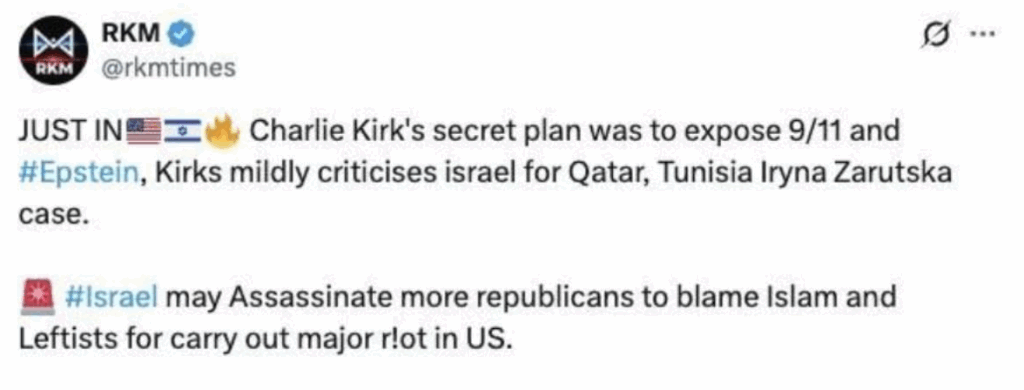
In contrast, a smaller number of users celebrated Kirk’s death, labeling him a “Zionist” or a “Nazi,” reflecting how his outspoken pro-Israel positions and combative style made him a polarizing figure. According to Command Center data, the term “Nazi” appeared more than 100,000 times in conversations about Kirk following the assassination, while “Zionist” appeared over 80,000 times. Posts mocking his death along these lines drew significant backlash, particularly when educators or professionals were identified among those making such remarks, prompting calls for accountability from their institutions.
